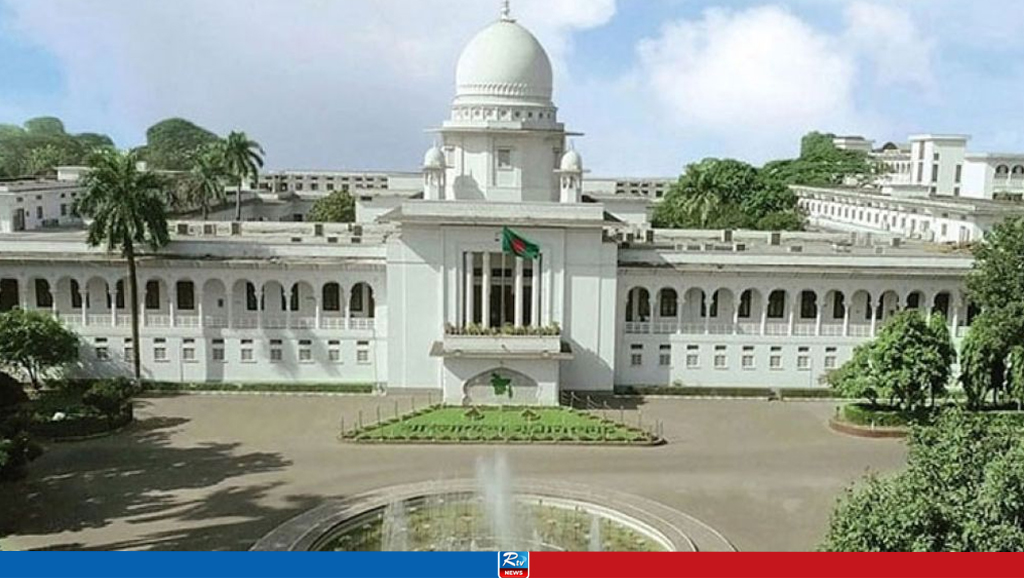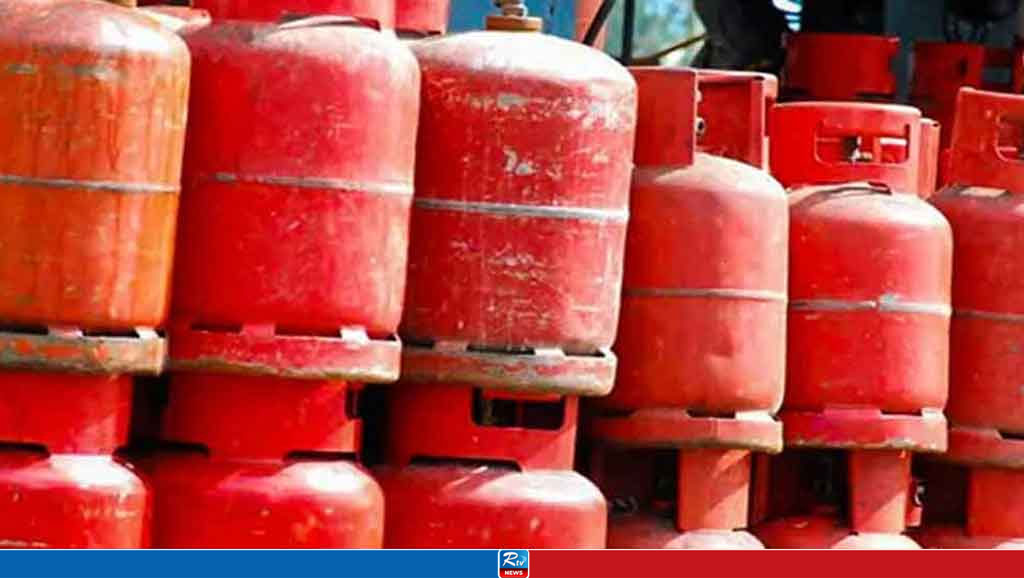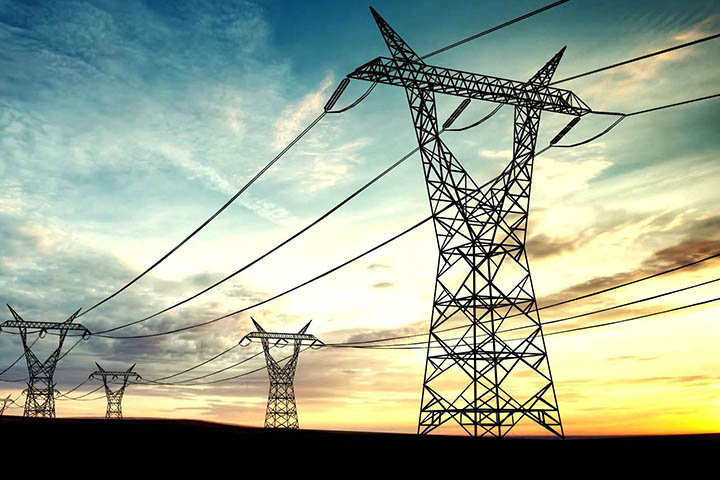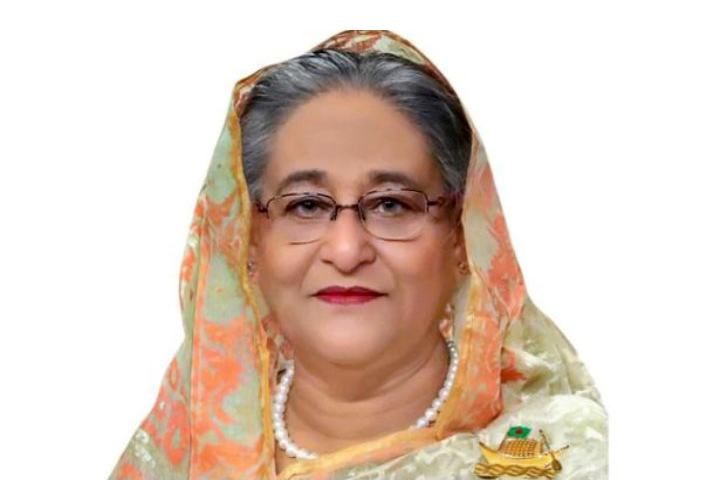Bangladesh Energy Regulatory Commission (BERC) fixed the new price of Liquefied Petroleum Gas (LPG) for the current month (September).
BERC revealed in a circular that a 12 kg LPG cylinder's price has been increased by Tk 44. It will now cost Tk 1,421
The new price will be effective from 6 pm today (Monday).
Earlier, last month (August) the price of a 12 kg cylinder was increased by 11 taka. It cost Tk 1,377.
It is to be noted that, the price of LPG and Autogas decreased five times last year.
In January, March, April, June, and July last year, the prices of LPG and Autogas decreased.
However, the prices increased in February, May, August, September, October, November and December last year.
- Dhaka Wed, 29 JANUARY 2025,

 Live Tv
Live Tv













